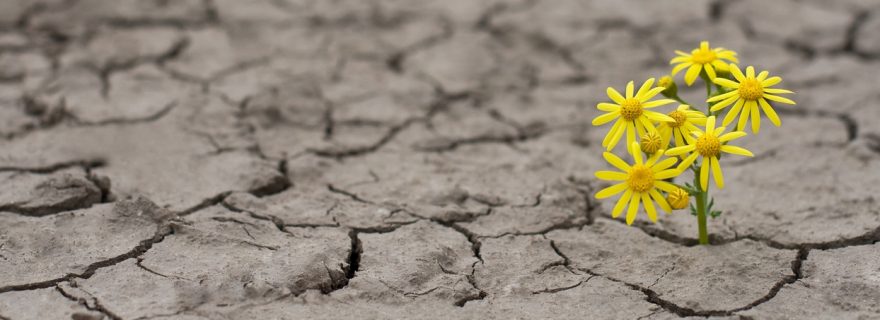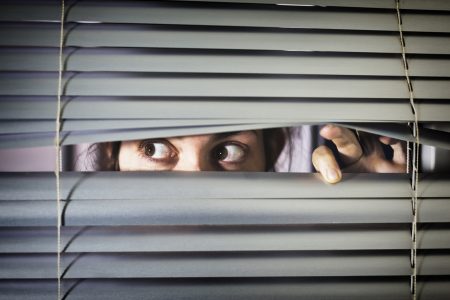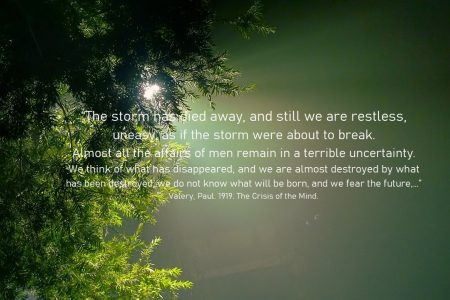When is it too much?
Within the blink of an eye, the world around us has changed, in ways we could not have imagined. The world, which we (especially the people living in relatively stable and wealthy parts of the globe) often interpret as makeshift, seems uncertain and unpredictable at best, simply terrifying at worst.
Originally published on the NIAS website edgar.studioparkers.nl
And so we try our best to understand. We count and compare infection rates, deaths, and prediction models on a daily basis. It being the first pandemic in which social media takes center stage, there is no news outlet that does not seem to have a constant update on the latest information and developments. The world is, however, changing so rapidly that news is sometimes already outdated the moment it is aired. Still, we hunker for it, craving towards something to hold on to, to make sense of the predictable world seemingly falling apart.
Information search as a blessing
From communication research, we know that honest straightforward information is of utmost importance when we are confronted with a sudden – traumatic – change in our future outlook. We need information to make sense of what is happening, to know what the future will bring, and to understand what we can do ourselves, especially if things turn out for the worst. So yes, open communication from public health experts, governments and clinicians about the current COVID-19 statistics, the risks, and our own responsibility can be a blessing by guiding us through these though times.
Information search as a curse
But that does not mean that information is a magic bullet. On the contrary; there is accumulating scientific research demonstrating that information can also hurt. Especially the combination of searching for information while feeling unable to control the situation can be risky. Some people are more vulnerable for this peril than others. Moreover, in stressful situations, our attention narrows and focuses on the most threatening information, leading us to forget the more peripheral and potentially nuanced information. This can also explain why we most vividly remember anecdotal harrowing social media stories in this pandemic but forget the more positive and reassuring ones. So yes, (an overload of) information about COVID-19 statistics and risks can also be a curse by petrifying and paralyzing us.
Hope
Unfortunately, there is no easy answer how we can overcome potential pitfalls of searching for and receiving of information. The WHO advice of turning off news buzz and limiting social media is certainly helpful, as it will diminish the continuous threat we exposure ourselves to. But we might also be able to learn something from communication studies in serious illness. In advanced illnesses, clinicians have to walk a fine line between informing patients and their loved ones and providing hope. The same seems to apply to us as society at the moment. We need realistic information, information from trusted health agencies. But we also need to find hope. Hope, a multidimensional and flexible construct; something we aim for and something we experience at the same time. Hope can elicit from several sources; from knowing we can trust the information we receive, from kindness and compassion around us, from having meaningful relationships with others, and from our religion. Hope is what adds to the resilience of mankind and seeds of hope seem to grow rapidly around us.
An uncomfortable truth
And while we try to find hope within the uncomfortable reality we enter more deeply each day, we might also find some guidance from research surrounding our mortality. The COVID-19 pandemic makes us increasingly aware of life’s most uncomfortable truth; that we will all die. When that time has come, people are not without regrets. Regrets of having worked too hard, not having spent enough time with loved ones, and not having chosen happiness. May we use this extraordinary and frightening time in order for information to not paralyze us, but to motivate us to behave responsible, to be grateful for our healthcare staff in the front line, to tell our loved ones how much we care and to be the hope we search for. Let us become damaged but beautiful, as described by the Swiss-American psychiatrist Elisabeth Kübler-Ross
“The most beautiful people we have known are those who have known defeat, known suffering, known struggle, known loss, and have found their way out of the depths. These persons have an appreciation, a sensitivity, and an understanding of life that fills them with compassion, gentleness, and a deep loving concern. Beautiful people do not just happen.” (Elisabeth Kübler-Ross, 1928-2004)





